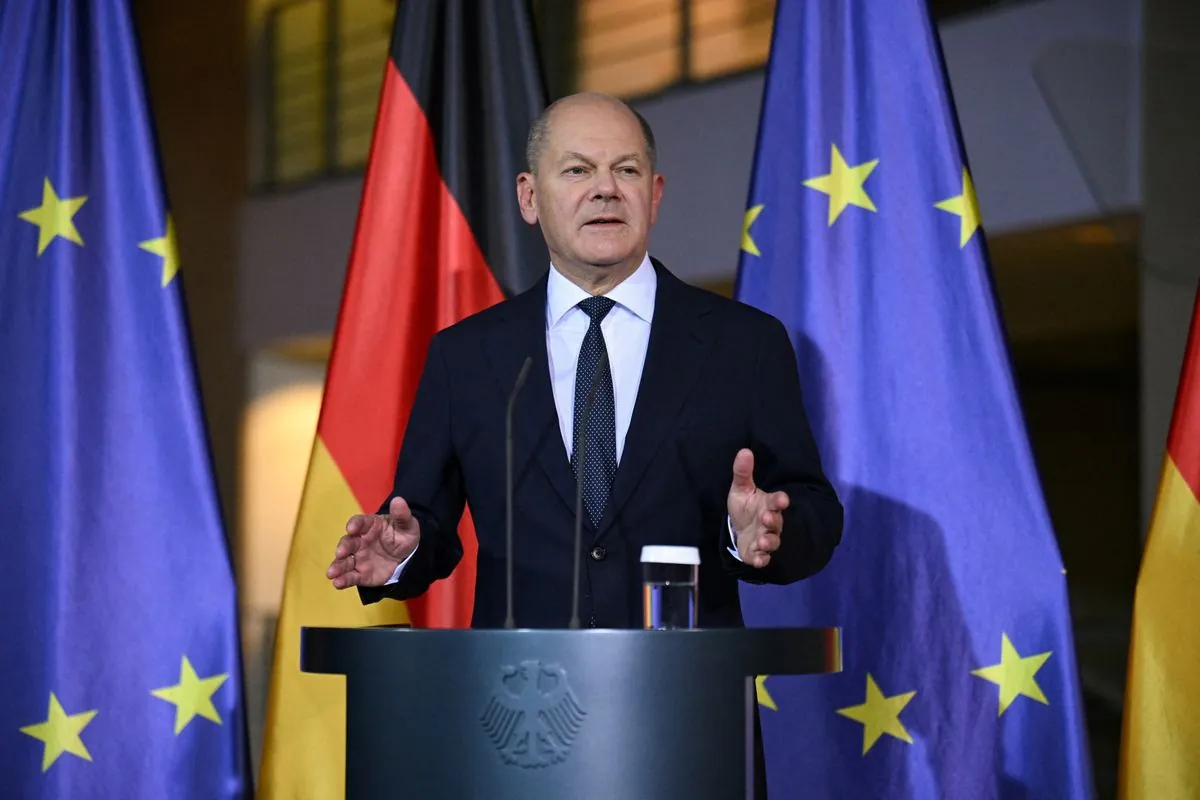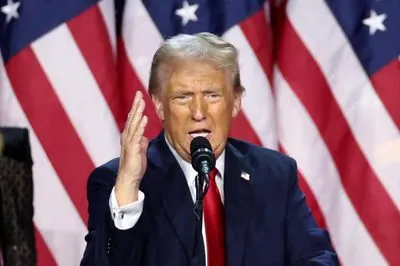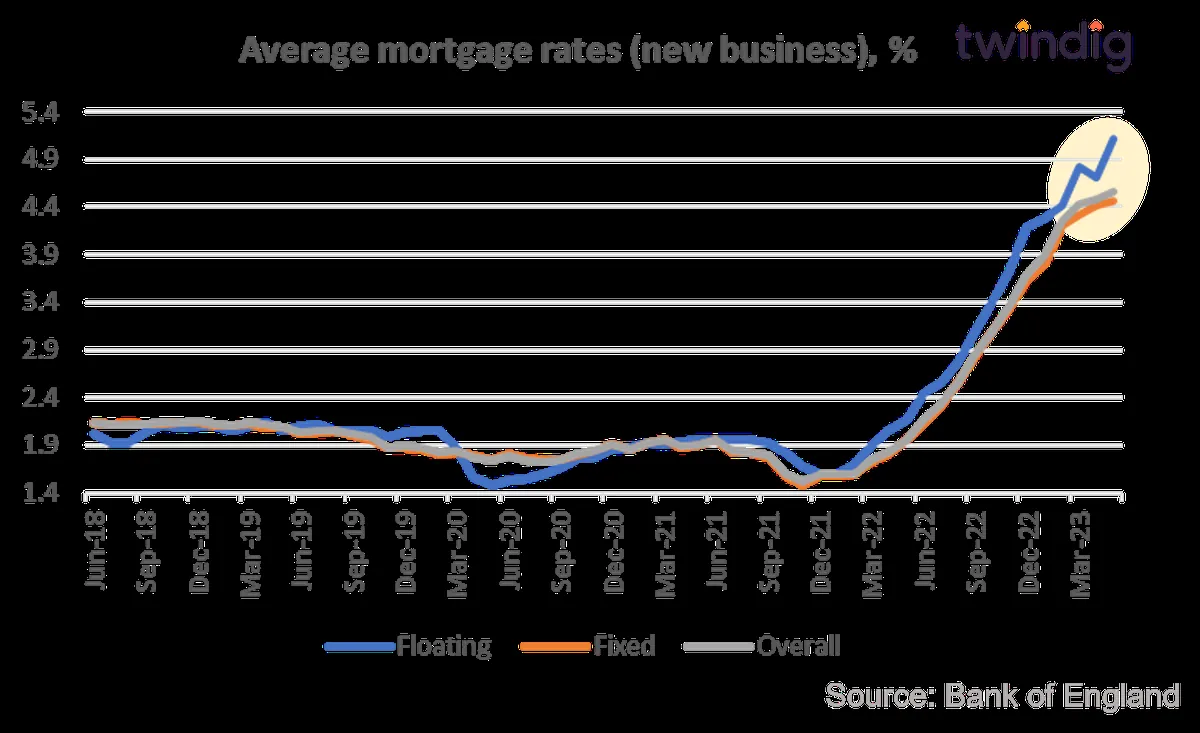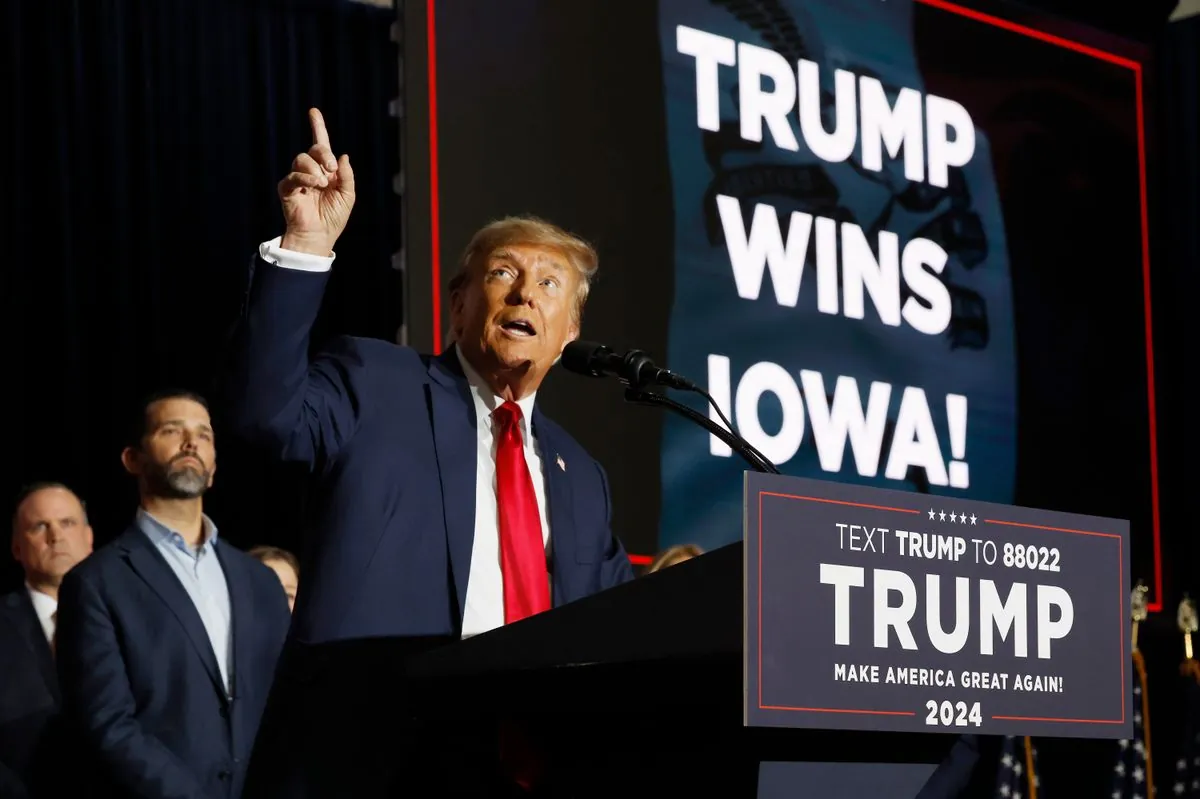German economic policy shift: Why debt limits might change after 15 years
German politician **Friedrich Merz** suggests changing long-standing debt rules as economy stays flat. His statement comes before snap election and possible Trump presidency‚ signaling major policy shift

In early-november 2024 Friedrich Merz made a quick-but-meaningful statement that shook up German economic thinking. The debt-brake rule (a strict borrowing limit thats been around since 09) might need changes
The timing isnt random; Germany faces unique problems among big economies: Its GDP hasnt grown since pre-covid times while other G7 nations moved forward. The US economy grew 11% in that time-frame; Britain went up 3%; France gained 4% (these numbers dont lie)
Manufacturing problems hit hard — energy costs jumped after Russia-Ukraine conflict and Chinaʼs slow-down affected exports badly. Now with february snap elections coming up and Donald Trump likely returning to power; German leaders need quick solutions. The US buys most German goods: about 158-billion euros worth in 23‚ making trade relations super-important
- Roads need fixing
- Bridges need upgrades
- Defense spending must increase
- Local infrastructure wants attention
Of course you can reform it. The question is why and for what purpose
The debt-brake currently keeps borrowing at 0.35% of GDP but changing times need new solutions. Olaf Scholzʼs coalition fell apart cause of money fights; now Merz leads polls and suggests smart-spending might work better than strict limits. Experts think yearly spending could reach 40-80 billion euros for infrastructure projects: thats between 1-2% GDP per year for next few years
European neighbors watch closely as German economic choices affect everyone. A stronger German economy means better business across Europe — its simple math. Defense spending needs more attention too with Trump possibly returning to White House; the current 100-billion special fund wont be enough long-term





























